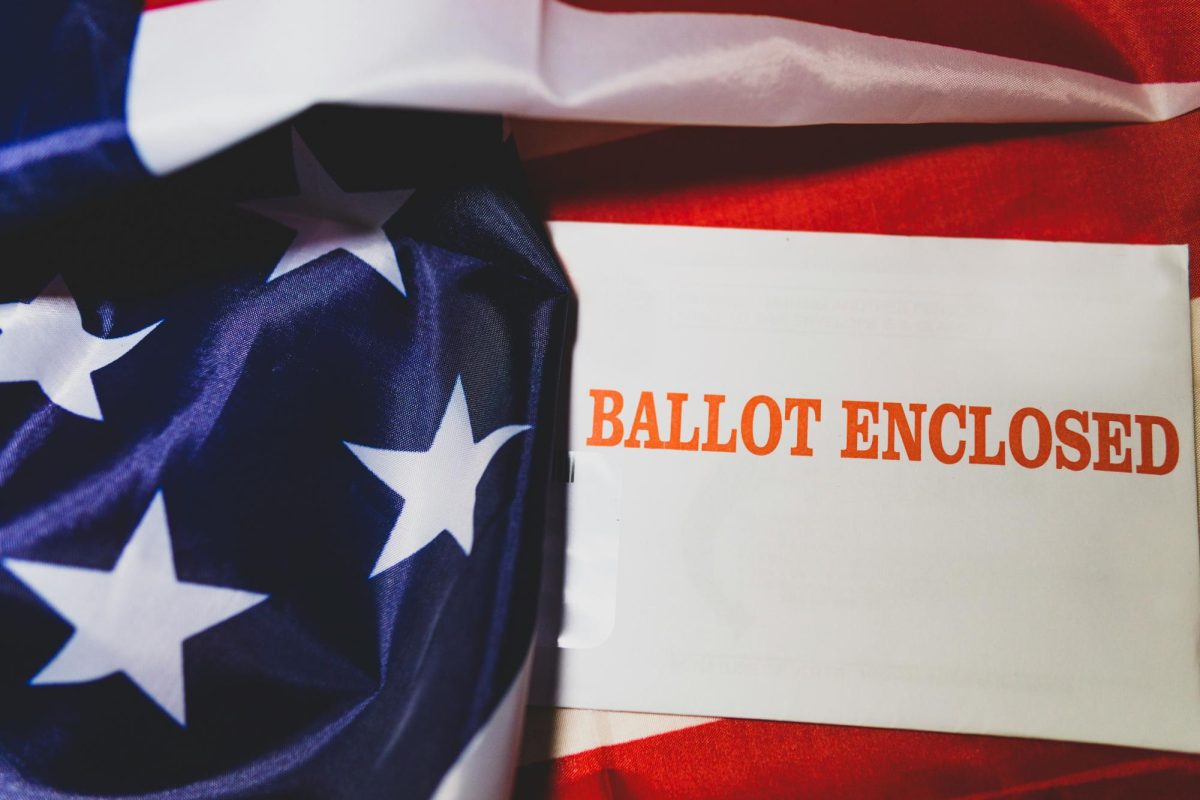The vice presidency is full of contradictions. It’s the second-highest office in the country, yet it comes with little constitutional power. While the vice president is just one heartbeat away from becoming president, many Americans struggle to even remember their name. This ambivalence extends to vice presidential debates, which are often the subject of comedic punchlines and are dismissed as inconsequential. However, the 2024 debate between Sen. JD Vance and Minnesota Gov. Tim Walz carried unusual weight, suggesting that even the smallest margin shift brought on by the event could tip the scale in this tight election.
In John Carroll University’s O’Malley Center, a group of students gathered for a debate watch party hosted by the Speech and Debate Team. Reporters from WKYC Channel 3 were present to hear student reactions. Andrew Welkie, an associate professor of economics and finance, admitted that while he didn’t plan to watch the full debate, he was still interested in its implications. “I tend to find the commentary around the debate shaping,” he said. “So it would be kind of interesting if it was, in my mind, a more sterile environment.”
As the debate began, that calm, “sterile” environment quickly took shape. Unlike the presidential debate, which had been chaotic and filled with personal attacks, Vance and Walz approached the stage ready to discuss issues substantively. Vance set the tone with a light-hearted remark, joking that “nobody knows who either one of us are.” From there, the conversation shifted to foreign policy. Walz echoed a familiar line from the Harris campaign, stating that “Israel has a right to defend itself.” Vance emphasized diplomacy, saying “peace through diplomacy” was the key to addressing growing instability worldwide.
The candidates also addressed the crisis caused by Hurricane Helene, offering condolences to those affected. However, they clashed over climate change’s role in the disaster. “My voters know climate change is real,” Walz said, citing conversations with farmers who have experienced unpredictable weather. Vance, meanwhile, argued that increased energy production could mitigate environmental issues.
Abortion became a central topic in the debate, with both candidates defending their records. Vance accused Walz of supporting legislation that removed a requirement to provide life-saving care to a child born after a failed abortion. Walz countered, saying Vance was “misconstruing a law.” Vance also faced questions about his past support for a national 15-week abortion ban, which he described as a “minimum national standard.”
Despite these disagreements, the debate remained relatively civil. The candidates frequently avoided direct attacks on each other, instead focusing on their running mates. At one point, Vance and Walz even found themselves on the verge of agreement. “I believe Senator Vance wants to solve this,” Walz noted, underscoring the unexpected tone of cooperation.
Even with moments of civility, political polarization occasionally surfaced. Vance clashed with the moderators over immigration, particularly regarding laws that granted legal status to Haitian immigrants in Springfield, Ohio. At one point, his microphone was muted during an exchange. Later, Vance dodged a question about whether Donald Trump had lost the 2020 election, which led Walz to call it “a damning nonanswer.”
As the debate concluded, student reactions were mixed but largely positive. Katarina Cannata, ’25, president of the Speech and Debate Team, praised the event. “I did expect a relatively clean debate … I think the American people wanted a debate where they weren’t just attacking each other, yelling at each other,” she said. Michael Swanson, ’28, compared it to the previous presidential debate, saying it was “definitely a little better.”
In the aftermath, opinions about the candidates naturally diverged. Emilee Riddell, ’25, expressed her support for Walz, saying, “I love Tim Walz … I think JD was able to get him a little exasperated.” Nationally, polls reflected a tight race, with some showing Vance edging out Walz by a single point, while others deemed the debate a tie. Around 17% of respondents considered the debate a draw.
While the outcome of the debate may not have a clear winner, a consensus emerged among viewers that the real victory belonged to the American people. Vance and Walz delivered a much-needed, substantive discussion that focused on the issues. Both candidates demonstrated leadership, a quality often overlooked in a role that is frequently dismissed as irrelevant.


